Major General Codanda K. Karumbaya, Sena Medal, who passed away in Mysuru this morning, was born on Dec. 3, 1936, at Madikeri in the erstwhile Coorg State in which his late father Dr. C.B. Kariappa was the Chief Health Officer.
He was a cousin of Field Marshal K.M. Cariappa, OBE, who was the first C-in-C of the Indian Army. Gen. Karumbaya had his schooling at Central High School, Madikeri, and thereafter graduated from Government College, Madikeri. During his student days, he was an active member of Boy Scouts and NCC. He represented his School and College in Cricket and Athletics.
He joined Indian Military Academy, Dehradun, on Jan. 7, 1957. He was an Under Officer there and had earned a Blue in Cricket. After commissioning on Dec. 14 ,1958, he was posted to the famed 5th Battalion The Maratha Light Infantry (Fifth Royals).
With his beloved Battalion, he took part in a number of combat and counter insurgency operations in Nagaland, Mizoram and Tripura. He was one of the first in the Indian Army to be trained in commando operations.
Being a true leader he always led his troops from the front. During the Indo-Pak War of 1965, his company was the first one to be launched across the border in Rajasthan Sector and after several successful operations which resulted in capture of the first batch of prisoners and several villages in Sind, was wounded in the last day of the war deep inside Pak territory.
In 1971 Bangladesh Liberation War, he personally led an assault on an enemy stronghold at Suadih involving hand to hand combat which was so outstanding that his Battalion was awarded the coveted Battle Honour, which is being celebrated every year and embellished in the Regimental Colours (A flag presented by the President of India).
Soon after he led a rapid pursuit operation with tanks and infantry, knocking out Pak 9 Division Headquarters at Magura and capturing 300 truck-loads of reserve ammunition and weapons. This was believed to be the fastest advance ever carried out by the Indian Army, taking the enemy completely by surprise. For these acts, C.K. Karumbaya was awarded a well-deserved Sena Medal (SM) for gallantry.
In 1972, his Battalion under him successfully put down an armed rebellion by 6 UP PAC Battalion at Jahangirabad near Lucknow where he very nearly lost his life. During the fag end of the command of his Battalion at Natu La, Sikkim, the Battalion was awarded the coveted Black Cat Trophy and was declared as the ‘Best Trained and Administered Battalion in 17 Mountain Division.’
Gen. Karumbaya was a graduate of Defence Services Staff College, Wellington and had undergone Higher Command Course and Senior Defence Management Course. He was Station Commander and Cantonment Board President, both at Belgaum, Karnataka and Yol, Himachal Pradesh.
He commanded 121 Independent Infantry Brigade Group at Kargil during 1983-1985 which is a sensitive high altitude area in Ladakh. He was an Additional Military Secretary at Army Headquarters where he was in-charge of postings, career planning and management of all Officers upto the rank of Colonels in the Army. As Maratha LI Centre Commandant at Belgaum, Senior Instructor at Officers Training Academy at Chennai and later Chief Instructor and Deputy Commandant at Indian Military Academy, he had the unique experience of training both the recruits and Officer Cadets to become proud and disciplined members of the glorious Indian Army.
Gen. C.K. Karumbaya, after a distinguished service of 35 years in the Indian Army, retired on Dec. 31, 1991 and since then settled down in his farm at K. Hemmanahalli, Mysuru, with his wife Dechu Karumbaya (daughter of late Kuppanda Muddappa, Pollibetta).
Their daughter Shabari, after completing her Masters in Dyslexia (children with learning disabilities) in USA, is now teaching in American International School at Singapore.
Their son C.K. Somanna was a National-level Equestrian Rider after completing Horse Business Management Course in Australia. He is married to Navya, daughter of Kadiamada Cariappa.
Karumbaya’s interests
General Karumbaya was interested in bringing social changes for the better and improve generally the quality of life for the common people in India. He was also keen on protection of wildlife and environment. He was a member of Mysore Grahakara Parishat (MGP), Elder Citizens Council, Mysore Sports Club and JW Golf Club. He led an active life in spite of hearing loss he suffered as a result of a blast injury he suffered during Bangladesh War.



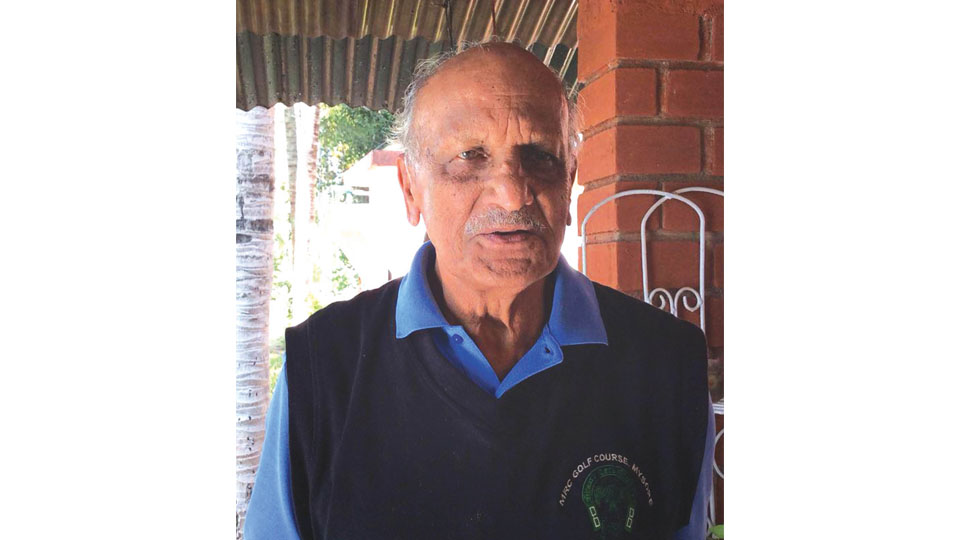
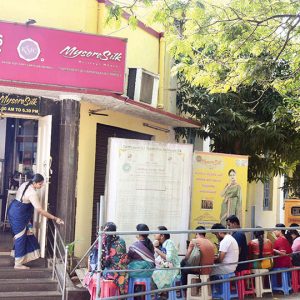
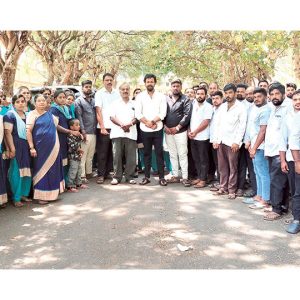
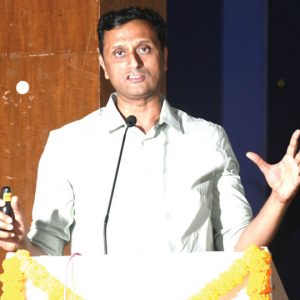
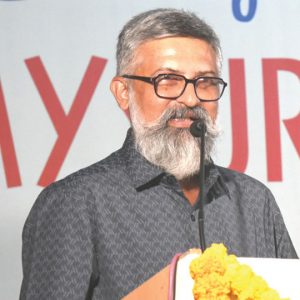
Recent Comments